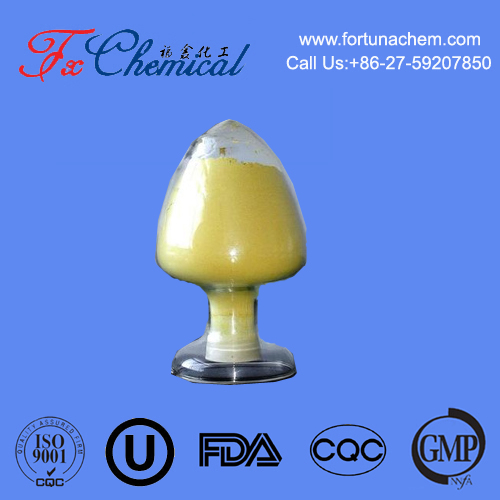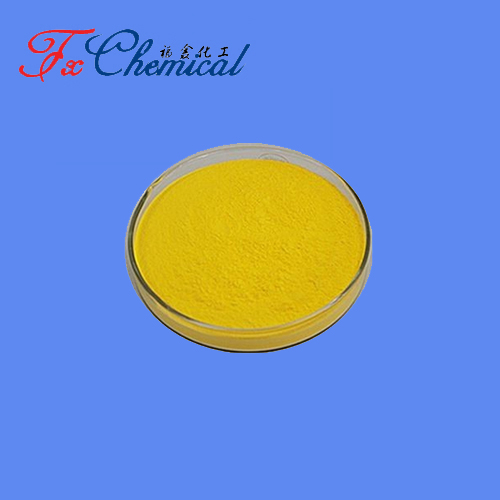
Search

Search

Adding nutritional fortifiers, or food additives, to food can not only fill the nutritional gap in natural food but also improve the nutrient composition and proportions to meet the nutrition needs of people. For instance, albumin from chicken egg white (also known as ovalbumin) can be added to enhance the protein content. Nutritional fortifiers can also supplement certain nutrients to achieve specific dietary and health goals. They not only improve the nutritional quality of food but also reduce and prevent many nutritional deficiencies and complications caused by them. Some nutritional fortifiers, like ester gum, can also enhance the sensory quality and storage performance of food, ensuring that flavors and aromas are preserved for longer periods.
Since there is hardly any single food that can meet all the nutritional needs of the human body, due to dietary habits, regional food varieties and production, and living standards, it is difficult to ensure that daily diet contains all the nutrients. It is common to have nutritional deficiencies in various places. According to nutritional surveys, there is a universal lack of vitamin B2, a lack of vitamin B1 in areas where refined rice and flour are consumed, and a lack of vitamin C in areas where fruits and vegetables are deficient. Targeted addition of nutritional fortifiers can help solve these problems in local basic diets, reducing and preventing the occurrence of diseases and enhancing people's physique.
Proper use of the food additive, such as flavorings, thickeners, coloring agents, color protectors, and emulsifiers, can significantly improve the sensory quality of food, meeting people's needs for flavor and taste. For example, adding monosodium glutamate (flavor enhancer) to soup or dishes can improve the taste and make them more delicious, thereby increasing people's appetite; adding coloring agents to meat products can give them a stable bright red color; adding dyes to puffed food, such as shrimp crackers, potato chips, and cookies, can make them colorful and tempting, stimulating people's appetite, especially children's appetite.
It is common knowledge that food will spoil and become bad-tasting if not preserved in time, which is caused by the activity of bacteria and microorganisms and a loss of the original nutritional value. This leads to food preservatives. Food preservatives, also known as antimicrobials, are food additives that prevent decay, spoilage, and extend the shelf life of food caused by microorganisms. Food preservatives can prevent food poisoning caused by microbial reproduction, inhibit the most likely decay under different conditions, and have a lasting effect, especially when the general sterilization is insufficient.
As one of the important food additives, preservatives are widely used in the food industry, such as sodium benzoate in soy sauce; calcium propionate in bread and soy products, potassium sorbate in pickled vegetables, jams, condiments and beverages; sulfites in wine and other fruit wines. It can be seen that preservatives are widely present in daily food consumption, and foods containing preservatives can be consumed with confidence.
Using the food additive such as defoamers, filter aids, stabilizers, and coagulants in food processing can facilitate the processing of food. For example, using glucono delta-lactone as a coagulant in tofu production can facilitate mechanization and automation of tofu production.

Quick Links
Add:
E-mail:
 English
English  Español
Español  français
français  العربية
العربية 

-(+)-Ketoprofen主图.jpg)
